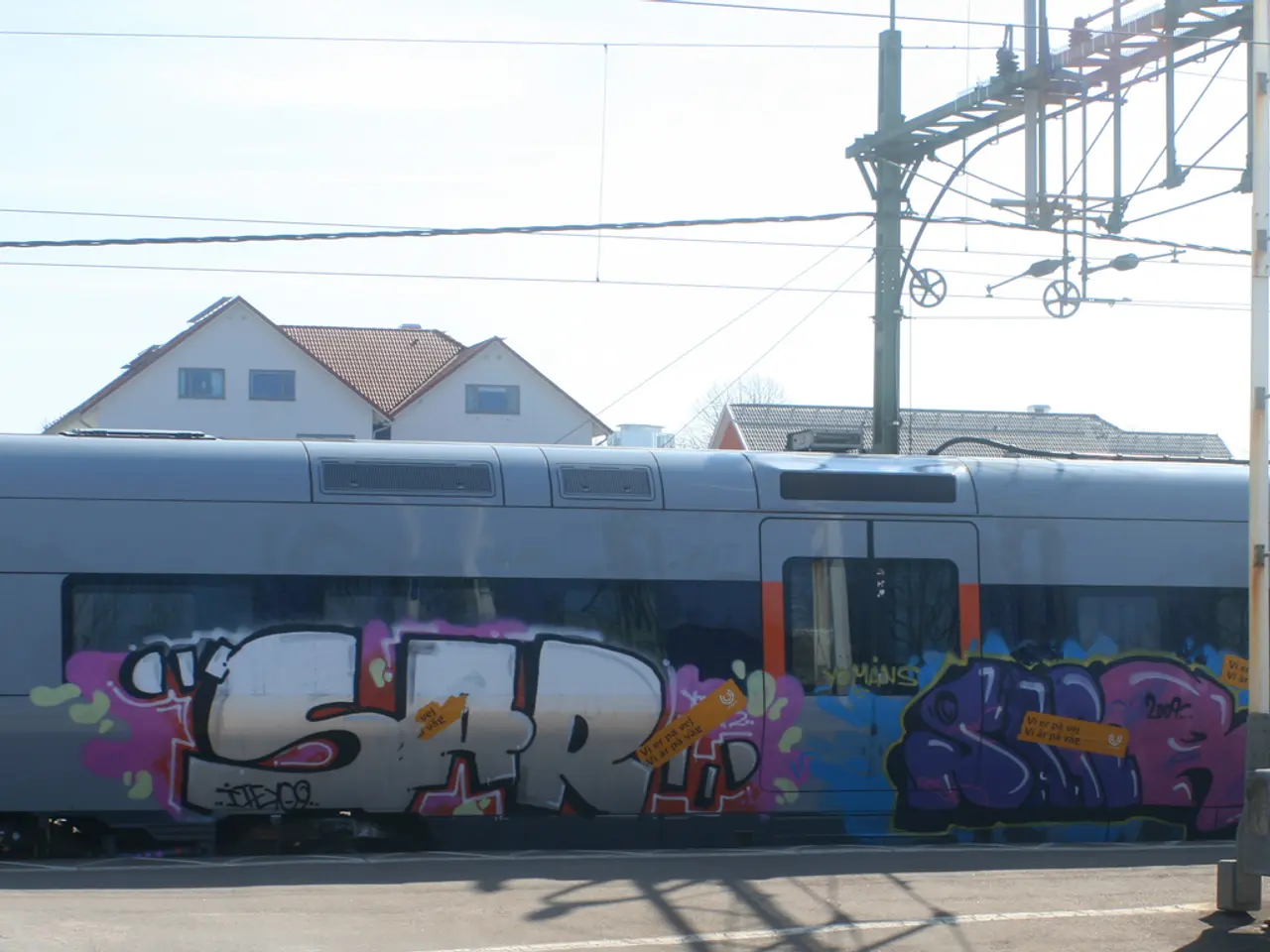Struggling small and medium enterprises (SMEs) in South Africa need concrete actions, argues Lula, despite an increase in business confidence.
South Africa's small and medium-sized enterprises (SMEs) are grappling with a myriad of challenges that are crucial to the country's economy, according to Rossiter. The SME sector's struggles are primarily due to cash flow constraints, economic conditions, limited access to funding, and operational challenges like infrastructure instability and bureaucratic hurdles.
Cash flow and late payments remain a persistent challenge, reducing operational stability. Economic uncertainties, including policy fluctuations and geopolitical pressures, dampen SME confidence and growth planning. Access to finance is critical, with most SMEs stressing the need for easier and better-targeted financial products and support resources such as mentorship and business networks.
Infrastructure issues, particularly recurring loadshedding and water shedding, interrupt SME operations and reduce productivity. Systemic challenges like gender inequality (female entrepreneurs face restricted funding and networking) and geographic disparities significantly limit SME scalability. International trade challenges, such as the introduction of US tariffs on South African goods, threaten export-reliant SMEs and could cause job losses.
To address these challenges, potential solutions include developing tailored financial products, enhancing government coordination on economic policies, expanding mentorship programs, urgent investment in reliable power and water infrastructure, implementing bespoke financial and mentorship programs for female entrepreneurs, subsidizing infrastructure and market access in underserved regions, and rethinking and diversifying trade policies.
Shoprite Next Capital is already acting by providing innovative funding tools, marketing support, and access to private label partnerships to empower SMMEs. Lula, a fintech platform, is offering support to SMEs, particularly those neglected by traditional financial institutions. Lula's solutions include fast funding (up to R5 million available within 24 hours), AI-driven cash flow management, and flexible repayment options with no penalties.
Despite the BCI's positive trend, Rossiter cautions against complacency, advocating for a focus on core services, including electricity, water, efficient ports, and well-maintained infrastructure. Consumer spending is declining due to real wage pressure, negatively impacting SME revenues across multiple sectors. The inefficiency of South Africa's ports is a significant challenge for import and export businesses. Electricity supply improvements bring some hope, but broader infrastructure failures still hinder SME growth.
Lula's recent data shows a dramatic 50% year-on-year drop in SME turnover, reflecting the reality that many entrepreneurs face, being pushed to the edge. In summary, urgent action for South Africa’s SME sector requires multi-dimensional interventions addressing finance, infrastructure, mentorship, policy stability, and trade adaptation to unlock their growth potential and shield them from emerging external shocks.
Finance and business are critical areas requiring immediate attention to alleviate challenges facing South Africa's small and medium-sized enterprises (SMEs). To this end, SMEs emphasize the need for easier and better-targeted financial products, better mentorship, and business networks, as access to finance is crucial. Furthermore, potential solutions for infrastructure issues like recurring loadshedding and water shedding, inefficiency in ports, and broader infrastructure failures include urgent investment in reliable power and water infrastructure, as well as implementing bespoke financial and mentorship programs for female entrepreneurs and subsidizing infrastructure and market access in underserved regions.




